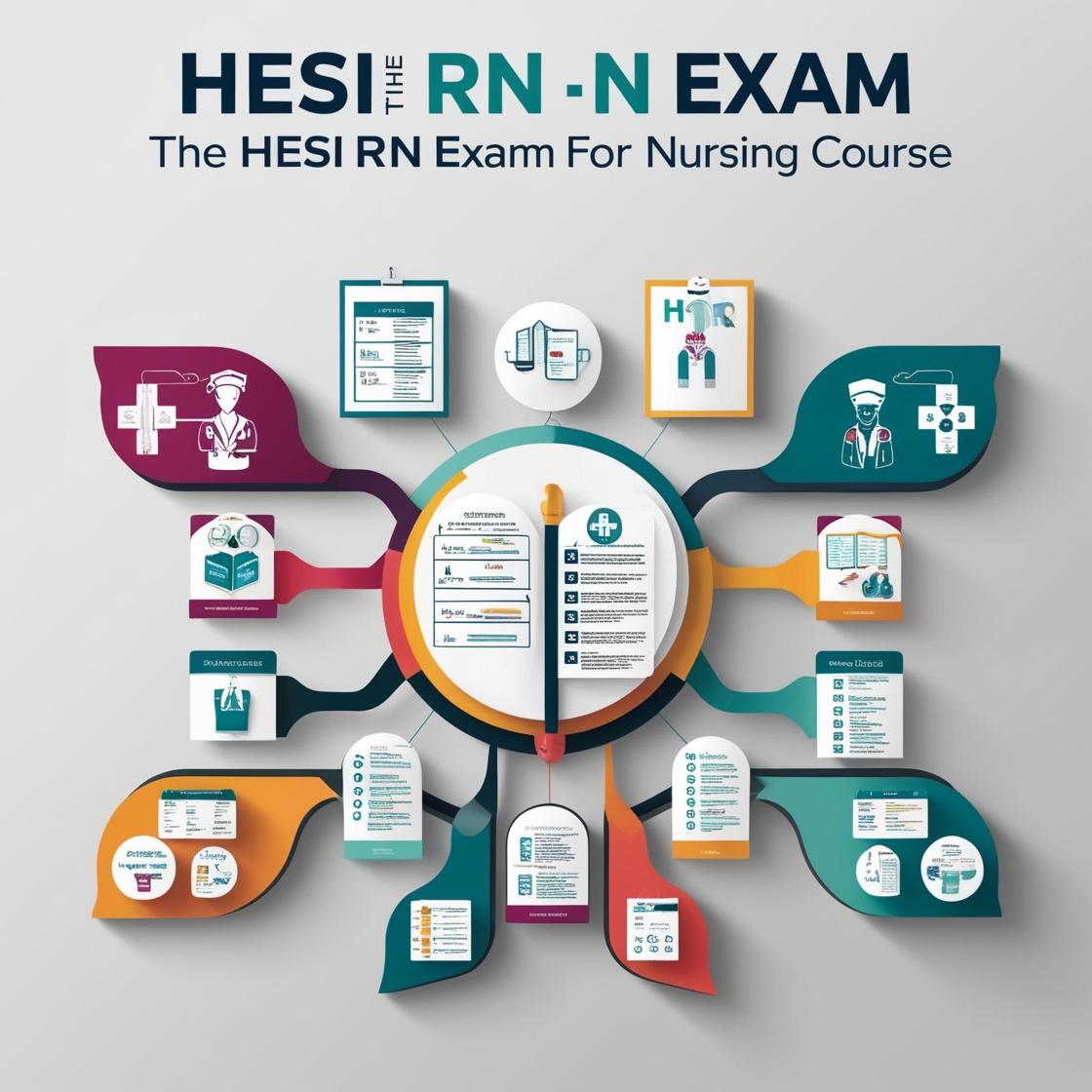HESI RN
HESI Nutrition Proctored Exam Quizlet
1. Which of these nursing assessments would be the highest priority for a client at risk for aspiration pneumonia?
- A. Assessing the client's level of consciousness
- B. Monitoring the client's oxygen saturation
- C. Checking the client's gag reflex before eating or drinking
- D. Monitoring the client's intake and output
Correct answer: C
Rationale: Checking the client's gag reflex before eating or drinking is the highest priority for a client at risk for aspiration pneumonia. Aspiration pneumonia can occur when food, liquids, or saliva are inhaled into the lungs, leading to inflammation or infection. Checking the gag reflex helps prevent the aspiration of substances into the lungs. Assessing the client's level of consciousness (Choice A) is important but not as immediately critical as checking the gag reflex. Monitoring oxygen saturation (Choice B) is essential for respiratory assessment but does not directly prevent aspiration. Monitoring intake and output (Choice D) is important for overall client management but does not specifically address the risk of aspiration pneumonia.
2. A client is receiving teaching about a high-fiber diet to manage constipation. Which statement indicates the best choice for a high-fiber diet?
- A. Eating one medium apple is a good snack option.
- B. Selecting a ½ cup of sweet potatoes for starch is a great choice.
- C. Choosing a ½ cup of bran cereal for breakfast is ideal.
- D. Opting for 1 ounce of almonds when hungry midday is recommended.
Correct answer: C
Rationale: The correct answer is C because bran cereal is a high-fiber food that can effectively alleviate constipation by promoting regular bowel movements. Option A, an apple, while a healthy snack, may not provide as much fiber as bran cereal. Option B, sweet potatoes, are nutritious but may not be as high in fiber as bran cereal. Option D, almonds, are a good source of healthy fats and protein but do not provide as much fiber as bran cereal.
3. In a client with chronic kidney disease having a serum potassium level of 6.5 mEq/L, which assessment is the most critical for the nurse to perform?
- A. Neurological status
- B. Cardiac status
- C. Respiratory status
- D. Gastrointestinal status
Correct answer: B
Rationale: Corrected Rationale: Assessing cardiac status is crucial in hyperkalemia as high potassium levels can result in life-threatening arrhythmias. Monitoring the heart rhythm and ECG findings is essential to prevent cardiac complications. Neurological status, respiratory status, and gastrointestinal status are important assessments too, but in the context of hyperkalemia, cardiac status takes precedence due to the immediate risk of cardiac arrhythmias.
4. When speaking with a group of teens, which side effect of chemotherapy for cancer would the nurse expect this group to be more interested in discussing?
- A. Mouth sores
- B. Fatigue
- C. Diarrhea
- D. Hair loss
Correct answer: D
Rationale: Hair loss is the correct answer. Teens are often more concerned about hair loss because of its visible impact and social implications. While mouth sores, fatigue, and diarrhea are also common side effects of chemotherapy, hair loss tends to be a significant concern for teens due to its effect on self-image and confidence.
5. A nurse is reinforcing teaching with a client about dietary choices for celiac disease. Which of the following menu choices selected by the client indicates an understanding of the teaching?
- A. Hamburger on a wheat bun
- B. Baked chicken and potato chips
- C. Bacon, lettuce, and tomato sandwich on rye toast
- D. Beef and barley soup with crackers
Correct answer: B
Rationale: The correct answer is B because baked chicken and potato chips are gluten-free options suitable for a client with celiac disease. Choice A, a hamburger on a wheat bun, contains gluten, which is harmful to individuals with celiac disease. Choice C, a bacon, lettuce, and tomato sandwich on rye toast, also contains gluten. Choice D, beef and barley soup with crackers, includes gluten from the barley and crackers, making it unsuitable for someone with celiac disease.
Similar Questions

Access More Features
HESI RN Basic
$69.99/ 30 days
- 50,000 Questions with answers
- All HESI courses Coverage
- 30 days access @ $69.99
HESI RN Premium
$149.99/ 90 days
- 50,000 Questions with answers
- All HESI courses Coverage
- 30 days access @ $149.99
